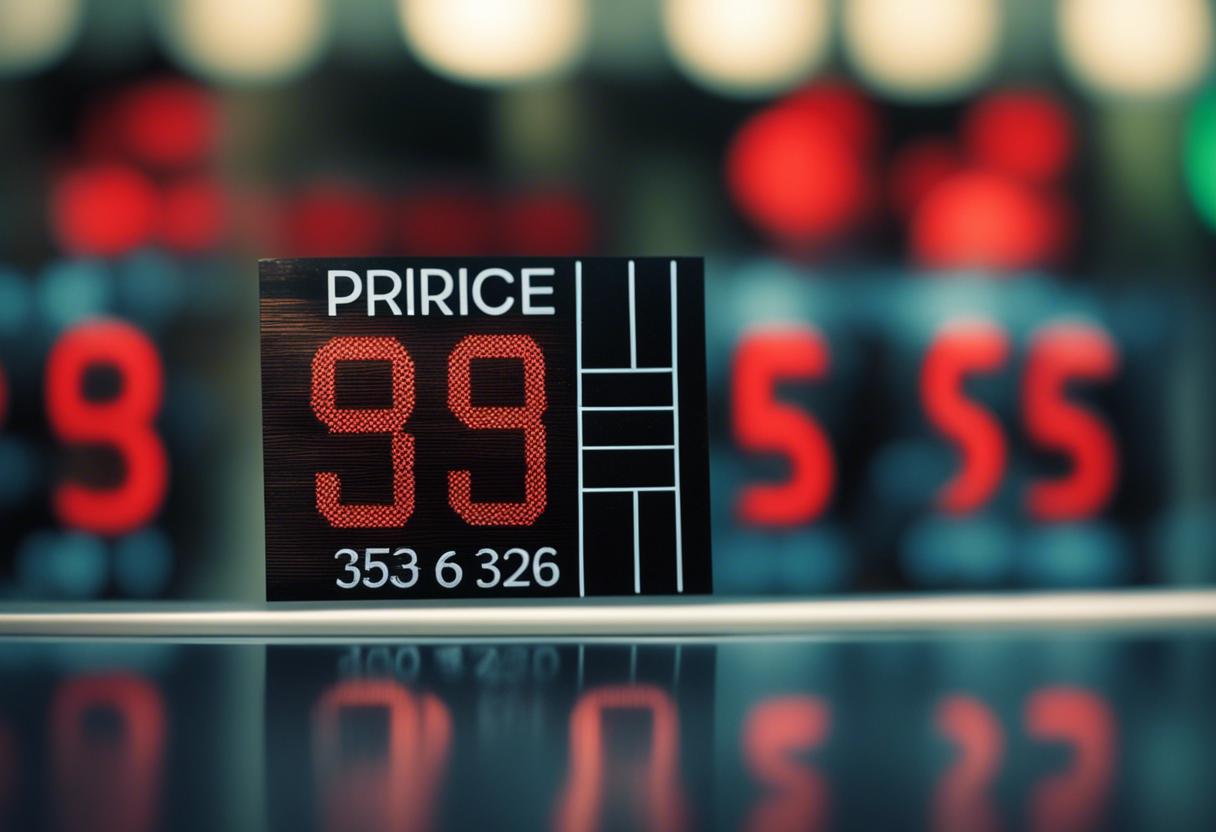It’s now considered illegal, thanks to the latest laws, for a scalper to buy tickets at €86.50 and resell them at €415, an action often deemed outrageous. But when an almost similar act is carried out by a ticket-selling platform, promoter and band, it’s referred to as ‘dynamic pricing.’
When Oasis fans tried to purchase tickets on Ticketmaster this past Saturday, they were confronted with this controversial ‘in-demand pricing’ strategy, as labelled by the ticket sellers themselves.
This latest problem in mass entertainment involves ticket prices skyrocketing swiftly and automatically as soon as the majority of inexpensive seats sell out. Thus, some Oasis fans ended up paying nearly four times more compared to others merely due to unfortunate timing.
The comeback of Oasis was announced last Tuesday with promoters MCD stating tickets would start “from €86.50″. Clearly now, the reasoning behind this is understood.
Presale access on the preceding Friday allowed some to purchase standing tickets at €86.50, excluding Ticketmaster’s service charge. However, when the general sale started a few hours later, many had to pay nearly €175.
Within just a few hours, the identical tickets shot up to a significant €415 due to ‘in-demand pricing’, still not including the service charge.
Some who defend this pricing model liken it to airlines charging more for the final few seats on a plane than those sold weeks or months ahead. Yet, in all but the rarest cases, customers have options when faced with expensive plane tickets – they can choose to fly at a different time or day, to a different destination or via another airline. The chance to see Oasis on their comeback tour, however, is a one-off event, often packed with emotional significance for many. Additionally, potential buyers are often given less than a five-minute window to make up their minds.
Dynamic pricing methods for ticket sales, first introduced by Ticketmaster in the US in 2018, have also been applied by Oasis and other artists. Bruce Springsteen, in particular, faced backlash a couple of years ago for adopting this approach on his US tour, with ticket prices occasionally soaring to more than €5,000 due to high demand. The move surprised fans and provoked an impassioned response from Bill Werde, ex-editorial director at Billboard. He remarked it was surprising that Springsteen was the one who made fans nostalgic for scalpers.
Springsteen’s management responded to the outcry, with manager Jon Landau stating: “We decided on pricing that is lower than certain performers and similar to others”. He continued by clarifying that despite few tickets reaching $1,000 or more, the average ticket price remained within the mid-$200 range.
Ticketmaster was authorised by Springsteen’s team to disclose that only around 1.3% of fans paid over $1,000, while the vast majority (88.2%) of tickets were sold at fixed prices. Ticketmaster maintains that its sole role is to facilitate ticket sales, and pricing decisions rest solely with the artists, their managers, and promoters. This notwithstanding, it’s worth noting that MCD, a part owner of Ticketmaster, is also partly owned by global promoters Live Nation.
Additionally, Live Nation has significant interests in the live entertainment industry. This includes ownership of venues like the 3Arena, the Bord Gáis Energy theatre, the Gaiety and the Olympia, and events like Electric Picnic and Longitude. Live Nation also shares strong ties with the GAA, the IRFU and the FAI, among other entities.
A 2020 investigation by the CCPC business watchdog revealed that from 2012 to 2018, Ticketmaster dominated more than 90% of the Irish ticketing market, indicating their considerable influence overall.
Despite the pleas for a new investigation, the CCPC seems unyielding, noting that there are no stringent pricing restrictions in Ireland, except in specific, restricted regions. Enterprises have the autonomy to modify their prices in reaction to market demand, or any other factors, as long as the price provided to the customer is correct prior to purchase, stated a representative from the commission.
On the other hand, the US Department of Justice is pursuing a case, accusing Live Nation of being a competition-stifling monopoly. US attorney-general Merrick Garland declared in May, “It is time to break up Live Nation-Ticketmaster.” The effects of its dominance have resulted in customers having to pay higher fees, artists finding fewer concert opportunities, smaller promoters being pushed out, and venues confronted with a limited choice for ticketing services, he explained.
Live Nation, however, refuted the monopoly allegations, labelling them as “absurd.” Nonetheless, developments in the situation can be expected both locally and internationally.

